#hidden disabilities
Explore tagged Tumblr posts
Text
Is it okay to wear pins on my Sunflower Lanyard for conditions I’m not yet diagnosed with, specifically autism and/or ADHD? I want to add pins on it to make it feel a little less “clinical” while still having some that provide information about my struggles. If wearing pins for stuff I’m not yet diagnosed isn’t okay, I’ll instead wear a pin saying I have anxiety since I have that too.
(Sunflower Lanyard is to signify the wearer has hidden disabilities)
#sunflower lanyard#hidden disability#hidden disabilities#invisible disability#invisible disabilities#mental disability#mentally disabled#physical disability#physically disabled#disabled#disability#autism#adhd#neurodivergent#neurodiversity#chronic pain#chronic illness#chronically ill#nagichi talks
51 notes
·
View notes
Text

31 notes
·
View notes
Text
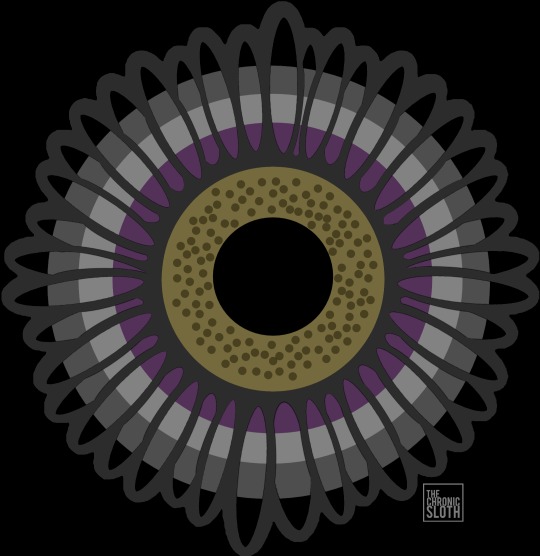

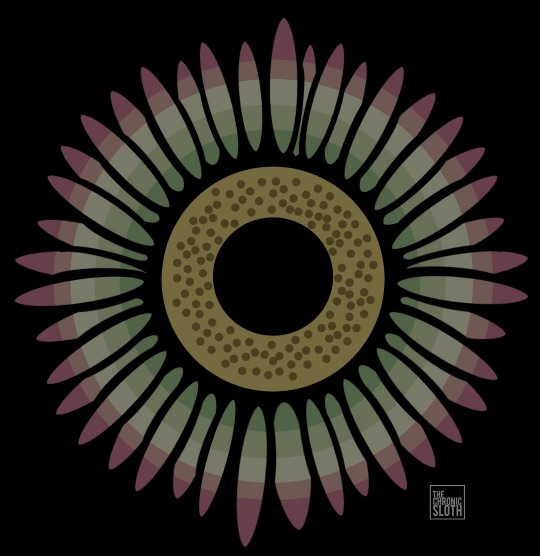
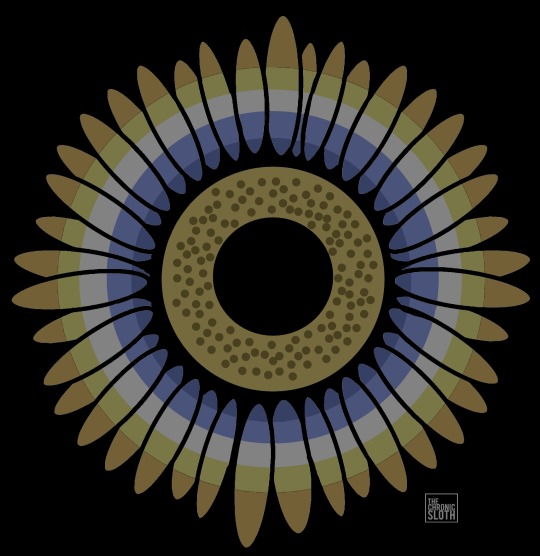
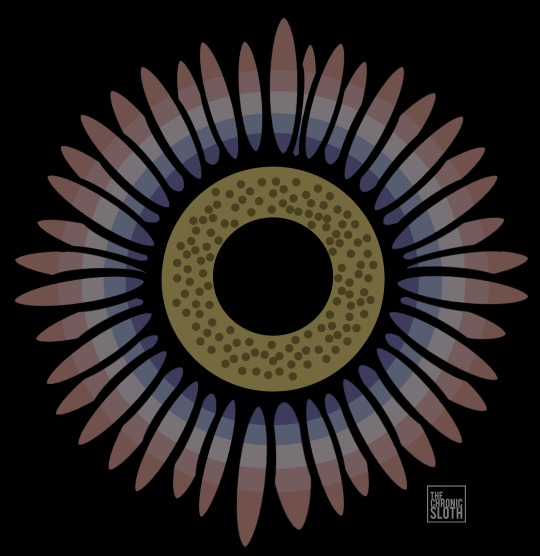

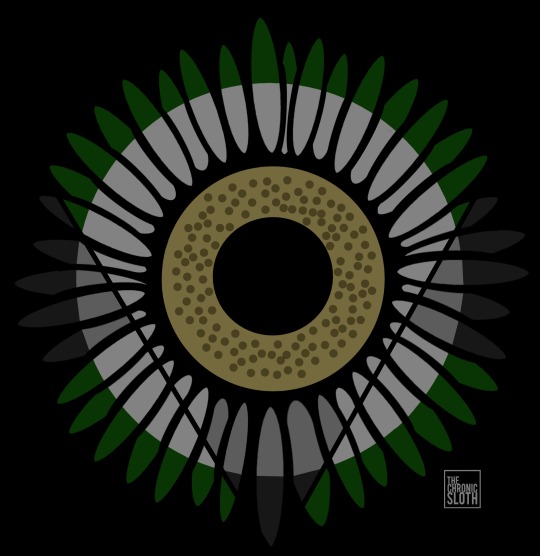
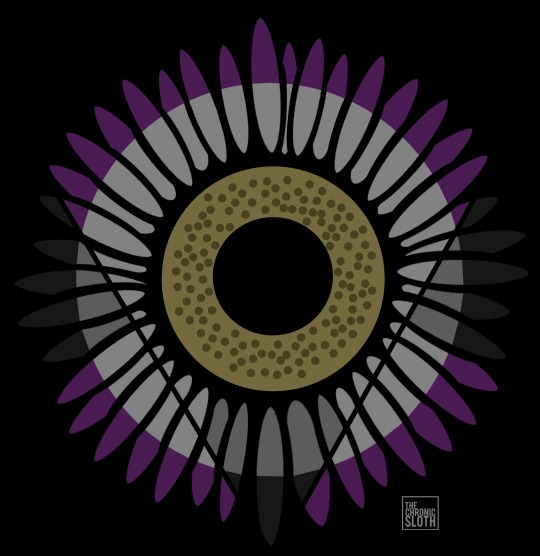
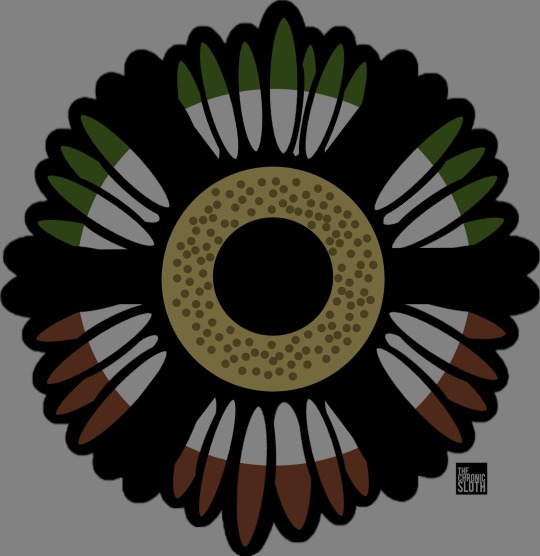
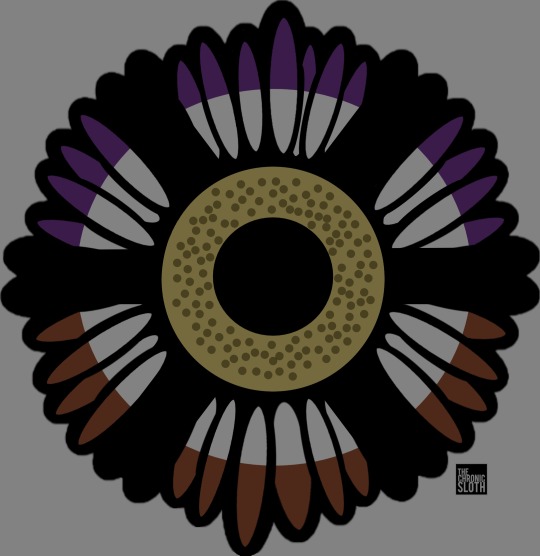
The sunflower is the official symbol of hidden/invisible disabilities.
Since most of my sunflowers are buried under reblogs and other posts by now, I'm getting them all together on new posts, so you can find everything more easily. Especially now that Pride is around the corner.
Feel free to use these and share them. I just ask that you credit me.
The Asexual, Aromantic, Aroace, Aroflux, Aceflux, Aroaceflux, Aegoromantic (or Autochorisromantic), Aegosexual, Apothiromantic and Apothisexual Sunflowers! For chronically disabled people with an invisible condition who are proud to be in the community.
If you'd like to have it on pins, stickers, tote bags, clothes and other merch, this and other pride sunflowers are all available in my shop. You can find merch with these on through the following links:
Asexual Sunflower
Aromantic Sunflower
Aroace Sunflower
Aroflux Sunflower
Aceflux Sunflower
Aroaceflux Sunflower
Aegoromantic/Autochorisromantic Sunflower
Aegosexual Sunflower
Apothiromantic Sunflower
Apothisexual Sunflower
Let me know if you'd like a particular flag on a sunflower, or anything special for Pride 🏳️🌈
#pride#pride flags#pride month#lgbtq#lgbtq community#acespec#asexual spectrum#ace flag#apothisexual#apothiromantic#aegosexual#hidden disabilities#invisible disability#aegoromantic#aroace#aroaceflux#aceflux#aroflux#aromantic#queer#aroace flag#disabled artist#chronic disability#pride flag#lgbtq flags#sunflower#tcsloth#tcsloth pride#tcsloth pride sunflowers#tcsloth sunflowers
84 notes
·
View notes
Text
ALL. DISABILITIES. ARE. NOT. ALWAYS. VISIBLE.
#Destiny#disability#disabled#hidden disability#hidden disabilities#chronically ill#chronic illness#chronic pain#chronic fatigue
59 notes
·
View notes
Text

First time seeing sunflowers in this game. What a lovely surprise.
I love sunflowers!
And they are also the symbol of hidden disabilities of which I have a few. I am AuDHD and I have a sleep disorder called hypersomnia aswell as fibromyalgia. What about you?
#sunflower#hidden disability#hidden disabilities#sunflower lanyard#audhd#adhd#autistic#idiopathic hypersomnia#autism#fibromyalgia#minecraft screenshots#mineblr#minecraftblr#my kids made me play minecraft
48 notes
·
View notes
Text
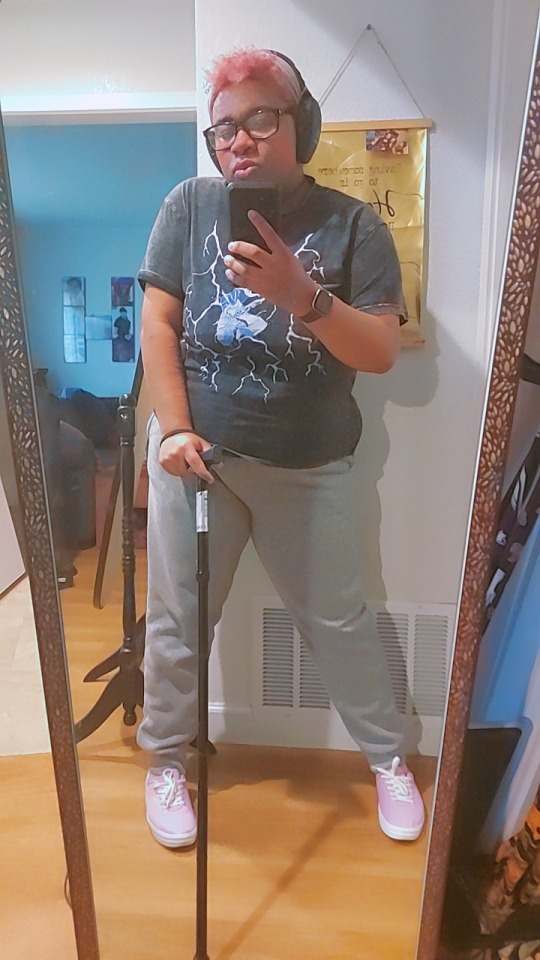
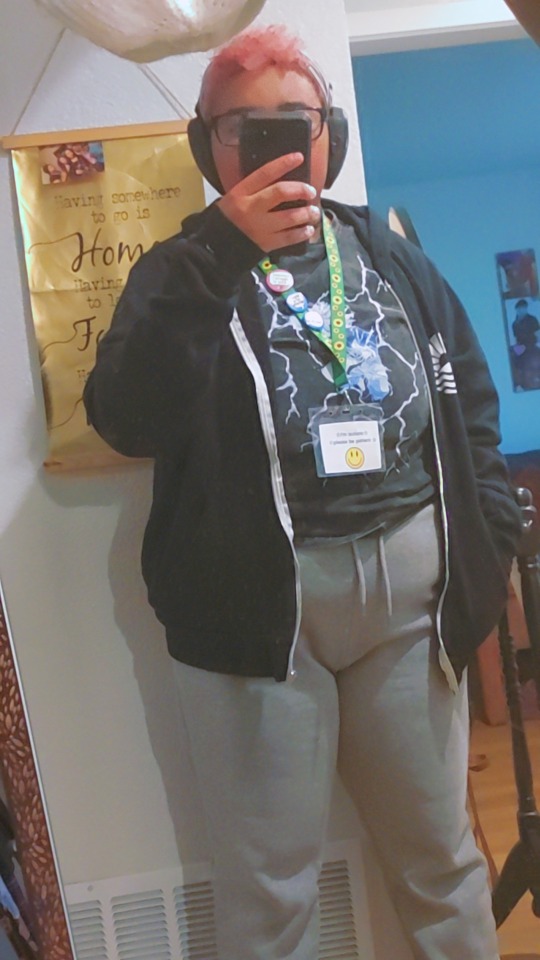
12/4/23 casual fit with our cane + hidden disability lanyard
#our photos#us#cane#cane user#disabled#babe with a mobility aid#hidden disability#autistic#actually autism#actually autistic#autie#autism#sunflower lanyard#hidden disability lanyard#hidden disabilities
64 notes
·
View notes
Text


Lilac (she/her) and Cheese (they/it/bun) are trans. hidden disabilities sunflower gang. Lilac and Cheese are both autistic. Cheese is an AAC user. some trans sibling love. - Shane
#shane's art#cheese#lilac#jellycat rabbit#our art#jellycat plush#jellycat london#jellycat bunny#jellycat#bashful bunny jellycat#jellycat bashful bunny#bashful bunny#bunny rabbit#bunny#rabbit#sunflower#sunflower lanyard#hidden disability#hidden disabilities#aac#aac art#aac user art#autism#autistic#asd#autie#autism art#autistic art#plush#plushie
19 notes
·
View notes
Text
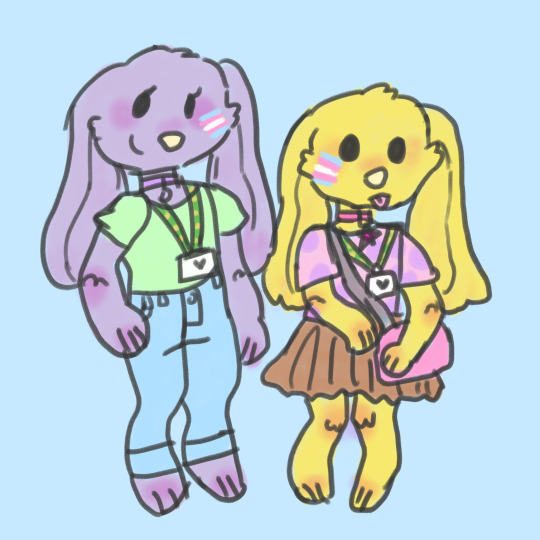

Lilac (she/her) and Cheese (they/it/bun) are trans
hidden disabilities sunflower gang
Lilac and Cheese are both autistic
Cheese is an AAC user
some trans sibling love
we didn't get to go pride this year so coping through them - Bug/Shane/Theo
#our art#shane's art#cheese#lilac#hidden disability#hidden disabilities#hidden disability sunflower#hidden disabilities sunflower#sunflower lanyard#trans#transgender#pride#trans pride#trans nonbinary#plush art#plushie art#stuffie art#stuffed animal art#jellycat#rabbit#bunny#bunny art#rabbit art#aac#aac art#aac user#disabled art#disability art#autism art#autistic art
50 notes
·
View notes
Text
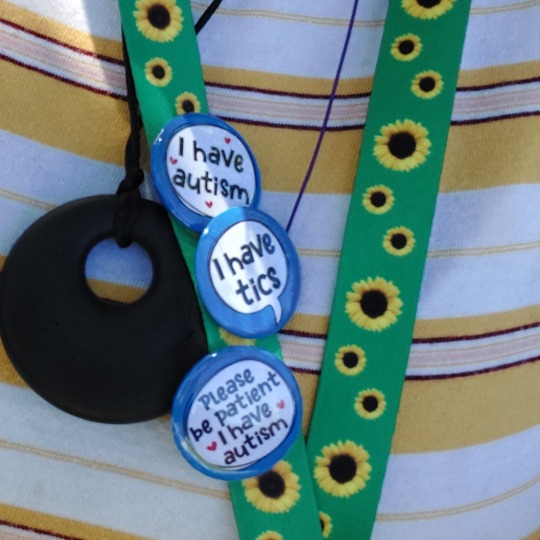

us with pins (old)
#our photos#us#sunflower lanyard#hidden disabilities lanyard#hidden disability lanyard#our pins#our buttons#pin#pins#button#buttons#hidden disabilities#hidden disability#tic#tics#tic disorders#tic disorder#autism spectrum disorder#autism#autistic#autie#asd#autism spectrum#autistic spectrum#actually autistic#actually autism#actually neurodiverse#actually neurodivergent#chewlery#chewelry
42 notes
·
View notes
Text
Dealing with ppl who can't actually perceive how chronic pain works makes me mad.
Is your shoulder just always in pain? Yes!
How do you live like that? You get use to it.
You move around a lot for someone in pain? I mask my discomfort and just push through it.
Is it forever? POSSIBLY that's the fun part you're promised vaguely it could get better, but you're also told it's possibly forever too.
I already grieved the loss of function in my right shoulder and overcame it, some disabilities are not visible. It took almost a year for me to find peace. Just be mindful when I say no and respect that while I might appear capable I know my limits. That it's not some fake thing in my head just because I don't publicly display my pain every moment. I go out of my way to be out of sight when I'm at my worst so ppl don't worry.
4 notes
·
View notes
Text

31 notes
·
View notes
Text
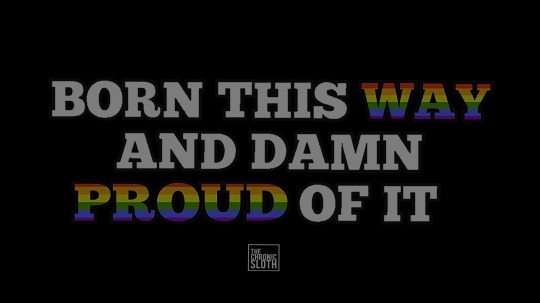
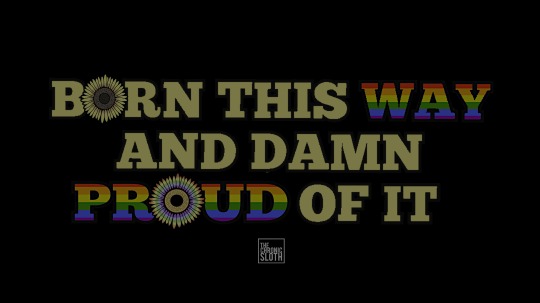
The sunflower is the official symbol of hidden/invisible disabilities.
Two more designs for those who are proud to belong to the LGBTQ+ community and want to show it. One with the sunflowers for those with hidden disabilities. You can find them on all sorts of merch in here:
First one
Second one (with sunflowers)
Feel free to use these and share them. I just ask that you credit me.
If you'd like to have it on pins, stickers, tote bags, clothes and other merch, these and other pride sunflowers are all available in my shop.
#tcsloth#tcsloth pride sunflowers#tcsloth pride#tcsloth sunflowers#pride#pride month#lgbtq#lgbtq community#queer#born this way#disabled artist#hidden disabilities#hidden disability#invisible disability#invisible illness#pride flag#queer art#queer pride#gay#lesbian#trans#lgbtqplus#queer community#you matter#it gets better#queer artist#disabled
33 notes
·
View notes
Text
The 'tude
One mistake I still often make is assuming that other people think like us and being autistic, very, very few people think like me in particular. I was talking to another artist the other day, I hadn’t seen their work but they had that aloof, school swot demeanour of someone of the contemporary end of the art spectrum. I looked them up afterwards… Bad Andy Goldsworthy knock offs and low grade…
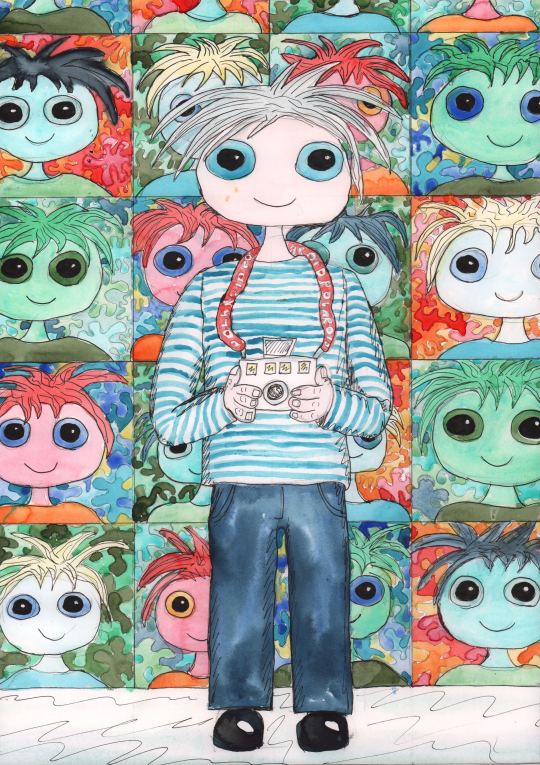
View On WordPress
0 notes
Text
Hidden Disabilities and Mental Health: Awareness at Work
Hidden Disabilities and Mental Health: Awareness at Work and how peoples working around the most vulnerable can work effective and be safe.
A training course on identifying and approaching people or avoiding people in severe mental distress, committing acts of violence or other situations threatening any staff member working as a handyperson conducting general repairs. Furthermore, it is essential to highlight that members of the organisation employees are also entitled to protection from acts of violence, according to…

View On WordPress
0 notes
Text


12/4/23 hidden disability lanyard + our card we emade
#our photos#us#hidden disability#hidden disabilities#hidden disability lanyard#sunflower lanyard#autism#autistic#actually autism#actually autistic#autie#tic#tic disorder#tic disorder unspecified#unspecified tic disorder
55 notes
·
View notes
Text
Hidden Disabilities
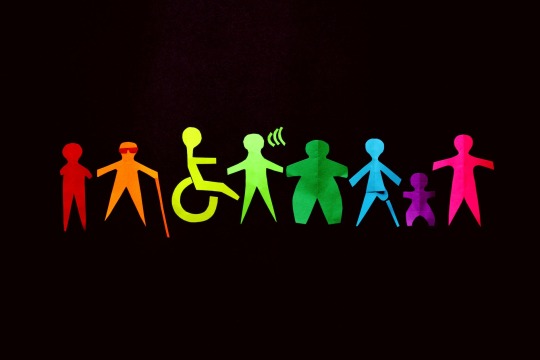
View On WordPress
0 notes